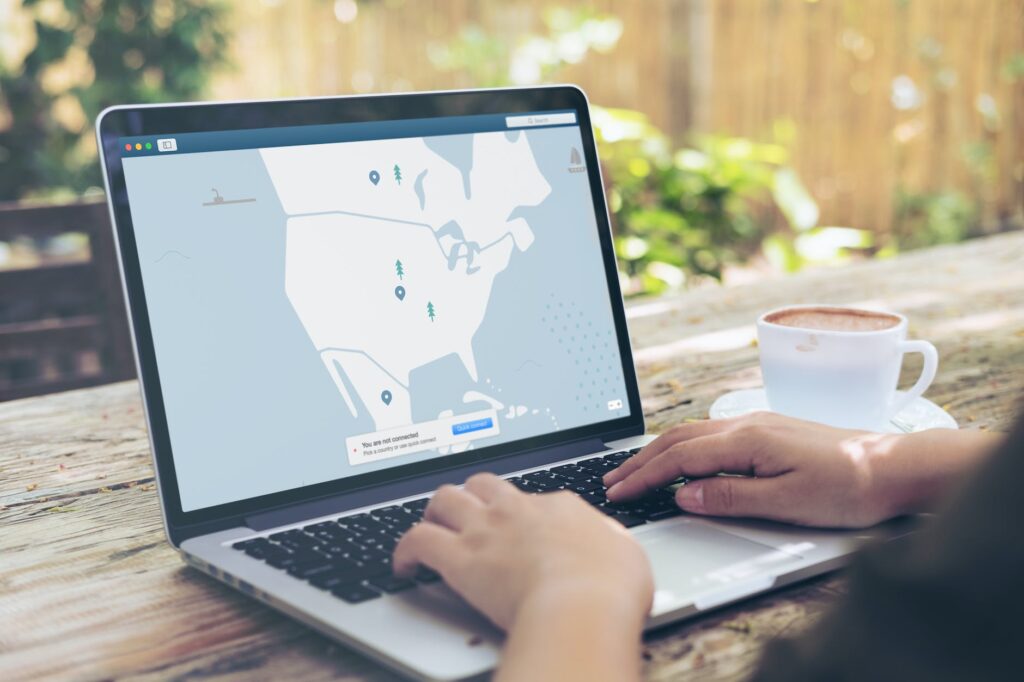In today’s digitally interconnected world, concerns about privacy and cybersecurity have become increasingly prevalent. With the rise of social media platforms and messaging apps, many users wonder: can someone spy on my phone through linked contacts? Let’s delve into this topic to understand the risks, realities, and measures you can take to safeguard your privacy.
Understanding Linked Contacts
Linked contacts, also known as synchronized or connected contacts, refer to the integration of contact lists across various platforms or devices. For example, when you link your smartphone’s contact list with a messaging app or social media platform, it allows you to see which of your contacts are also users of that platform.
How Linked Contacts Work
When you grant permissions for an app to access your contacts, it may sync or link those contacts with its own database. This enables the app to provide features like friend suggestions, contact synchronization, and personalized recommendations based on your social network.
Privacy Implications
While linked contacts can enhance user experience and convenience, they also raise privacy concerns. Granting access to your contact list gives the app access to sensitive information such as names, phone numbers, and email addresses of your contacts.
Can Someone Spy on Your Phone Through Linked Contacts?
The answer to this question is nuanced and depends on various factors. Let’s explore the potential scenarios:
1. Unauthorized Access by Third-party Apps
In some cases, third-party apps may misuse permissions granted for accessing contacts. They could potentially harvest and store contact information without your consent, leading to privacy breaches and potential spying activities.
2. Security Vulnerabilities
If a linked app or platform has security vulnerabilities or lacks robust encryption measures, it could be susceptible to hacking or data breaches. Cybercriminals could exploit these weaknesses to gain unauthorized access to your contact list and use it for spying purposes.
3. Social Engineering Attacks
Sophisticated attackers may employ social engineering tactics to trick users into granting access to their contact lists. Once access is granted, the attacker can exploit the synced contacts to gather information or conduct surveillance activities.
Protecting Your Privacy
While the prospect of someone spying on your phone through linked contacts may seem alarming, there are steps you can take to mitigate the risks and protect your privacy:
1. Review App Permissions
Regularly review the permissions granted to apps on your device, especially those related to accessing contacts. Disable access for apps that do not require it for essential functionality.
2. Limit Contact Syncing
Be selective about which apps you allow to sync or link with your contact list. Only grant access to trusted and reputable apps that prioritize user privacy and security.
3. Enable Two-factor Authentication
Enable two-factor authentication (2FA) wherever possible, particularly for sensitive accounts linked to your contact information. This adds an extra layer of security to prevent unauthorized access.
4. Stay Informed About Privacy Policies
Educate yourself about the privacy policies of apps and platforms you use, particularly regarding how they handle contact information. Opt for services that are transparent about their data collection and usage practices.
5. Regularly Update Your Device
Keep your smartphone’s operating system and apps up to date with the latest security patches and updates. This helps mitigate vulnerabilities that could be exploited by malicious actors.
Conclusion
While linked contacts offer convenience and connectivity, they also pose potential risks to your privacy and security. By understanding how linked contacts work and taking proactive measures to protect your personal information, you can minimize the likelihood of someone spying on your phone through linked contacts.
FAQs (Frequently Asked Questions)
Can Linked Contacts Be Used for Spying Purposes?
While it’s technically possible for someone to misuse linked contacts for spying, it’s unlikely in most cases. However, it’s essential to remain vigilant and protect your privacy by carefully managing app permissions.
How Can I Check Which Apps Have Access to My Contacts?
On most smartphones, you can review and manage app permissions in the device settings. Look for the “Apps” or “Permissions” section to view which apps have access to your contacts and adjust permissions as needed.
Should I Avoid Syncing Contacts Altogether?
Syncing contacts can offer convenience, but it’s essential to weigh the benefits against the potential privacy risks. Consider limiting contact syncing to trusted apps and platforms and regularly review permissions.
What Should I Do If I Suspect Unauthorized Access to My Contacts?
If you suspect unauthorized access to your contacts or suspicious activity on your device, take immediate action. Secure your accounts, revoke permissions for suspicious apps, and consider contacting the app developers or your device manufacturer for assistance.
Are There Apps That Can Help Protect My Privacy?
Yes, several privacy-focused apps and tools can help protect your personal information and enhance your digital security. Look for reputable apps that offer features like secure messaging, VPN services, and privacy-focused web browsers.



